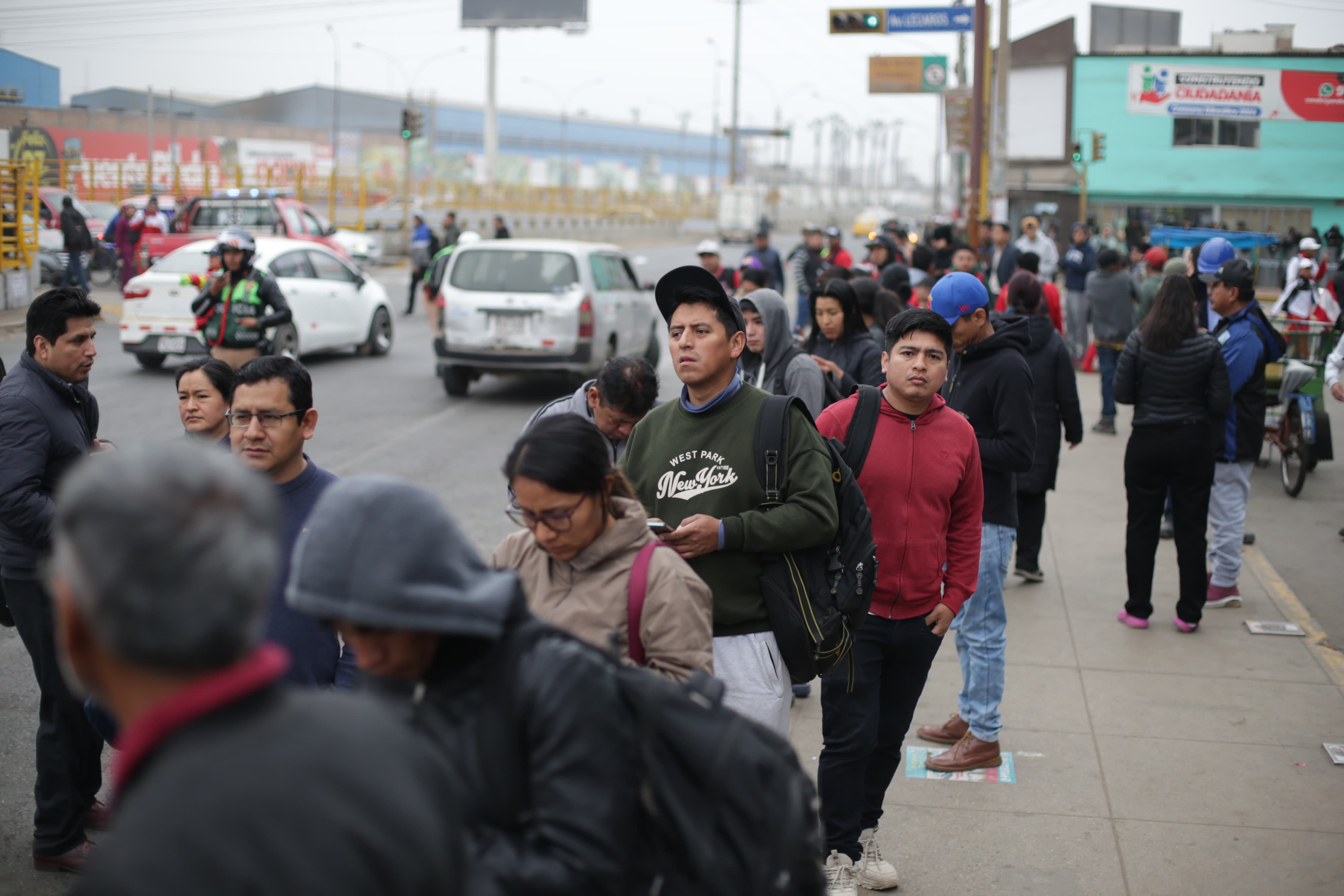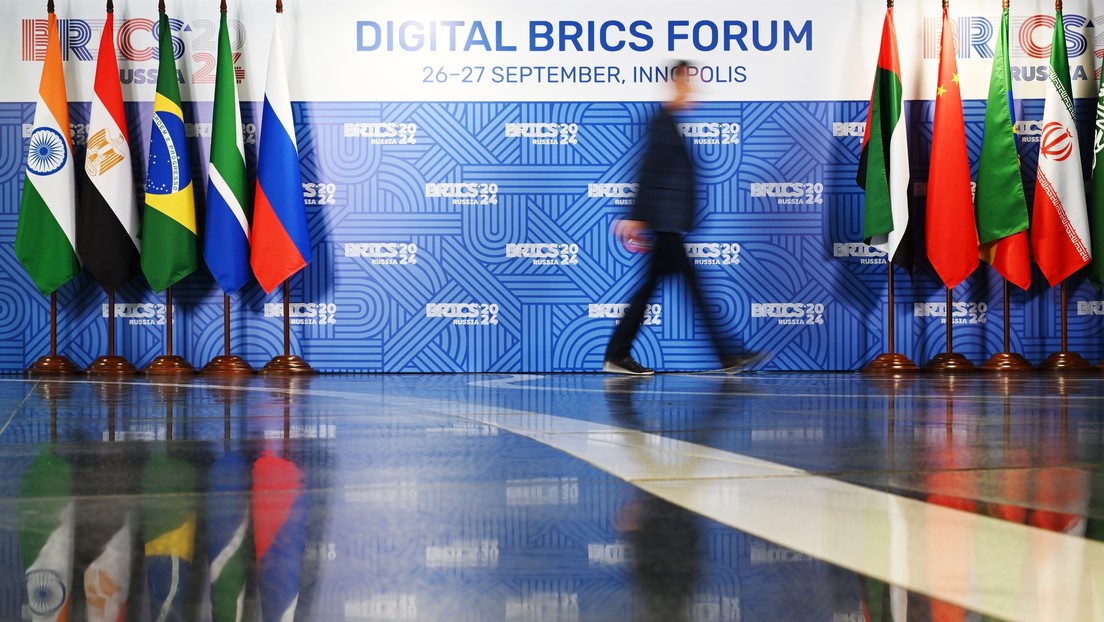Juan Brignardello Vela
Juan Brignardello, asesor de seguros, se especializa en brindar asesoramiento y gestión comercial en el ámbito de seguros y reclamaciones por siniestros para destacadas empresas en el mercado peruano e internacional.




In the midst of a tumultuous political scenario marked by constant disputes, Minister Dias Toffoli of the Brazilian Supreme Federal Court (STF) has been the subject of criticism and controversy after it was revealed that his individual decisions have benefited 115 people involved in the Lava Jato operation, one of the biggest corruption scandals in the country's history. These rulings, aligned with the majority position of the Second Chamber of the Court, have sparked controversy and expanded the record of defeats imposed on the fight against corruption in Brazil. For the past year, Minister Toffoli has made decisions that have favored individuals who have requested the annulment of evidence or actions related to the Lava Jato operation, triggering a wave of criticism and questioning about the impartiality of the Judiciary in the country. While Toffoli has defended his actions by pointing out that they are based on collegial understanding and the legal framework established by the Chamber, his actions have been interpreted by many as an obstacle in the fight against corruption and impunity in Brazil. The Lava Jato operation, which has shaken the foundations of political and business power in Brazil, has been the target of constant attacks and questioning from various sectors of society. However, its role in uncovering corruption cases and prosecuting high-ranking officials and businessmen has been crucial in promoting transparency and accountability in the country. Minister Toffoli's decisions, which have benefited 115 people linked to the Lava Jato operation, have raised concerns in public opinion and among sectors advocating for the fight against corruption. The possibility that these decisions may hinder the investigation and prosecution of corruption cases has sparked intense debates and criticism towards the Judiciary in Brazil. The Brazilian justice system is under scrutiny, with questions about the independence and impartiality of the judges on the STF. The case of Minister Toffoli has reignited the debate on transparency and ethics in the Brazilian judicial system, as well as the need to strengthen institutions responsible for combating corruption and ensuring the rule of law in the country. Given the controversy surrounding Minister Toffoli's decisions, it is essential to ensure transparency and accountability in the Brazilian Judiciary. Civil society, the media, and civil society organizations must remain vigilant and demand that due process and impartiality be respected in the judges' actions, especially in sensitive cases related to corruption. The case of Minister Toffoli highlights the importance of strengthening democratic institutions in Brazil and promoting a culture of legality and justice in the country. The fight against corruption cannot be undermined by judicial decisions that call into question the integrity of ongoing investigations and legal processes. In this context, it is crucial for the Brazilian Judiciary to act with responsibility and ethics, ensuring that its decisions are based on the law and respect for democratic principles. Brazilian society deserves an independent, impartial, and transparent justice system capable of defending democratic values and combating corruption in all its forms. In conclusion, Minister Toffoli's decisions regarding the Lava Jato operation have stirred concern and debate in Brazilian society. It is necessary for the Judiciary to act with transparency and responsibility, respecting democratic principles and ensuring that the fight against corruption is not compromised by interests outside of justice and the rule of law in Brazil.
Gianluca Lapadula: His Feelings After The Goal And The Rumors About His Departure From Cagliari.

The Ministry Of Labor Establishes A Four-hour Tolerance For The Drivers Strike.

"Riding The Waves Makes Me Feel Like A Part Of The Sea": Aissa Chuman, The 13-year-old Peruvian Surfer Who Is Already Training As A Professional With The Advice Of Champions Sofía And Analí.




:quality(85)/cloudfront-us-east-1.images.arcpublishing.com/infobae/J4AUOJ3DARGTDIQVUNQ373YVKI.jpg)

:quality(85)/cloudfront-us-east-1.images.arcpublishing.com/infobae/7LOV7VN7OBB5XJ765PCWOJVPDE.jpg)